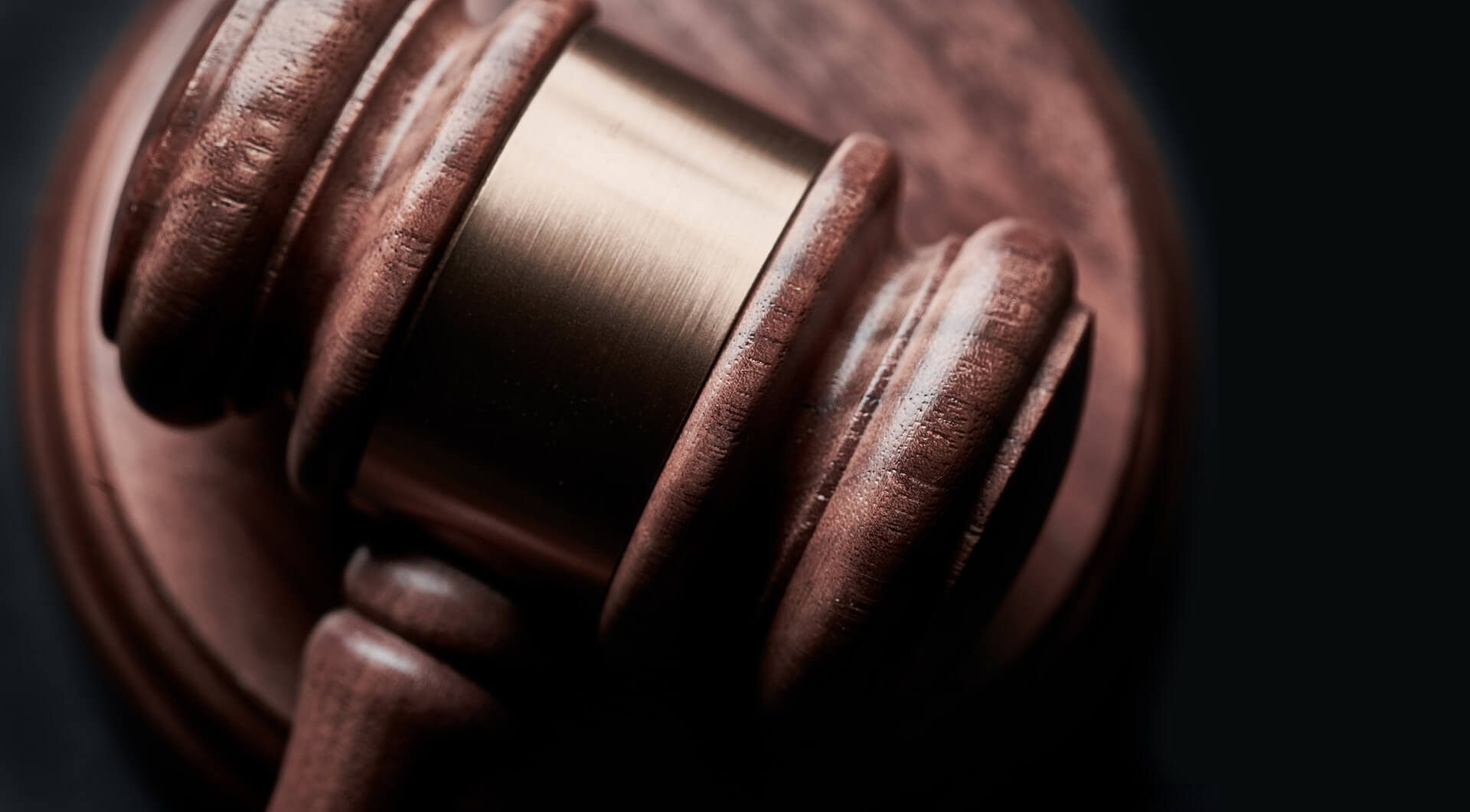Sex Offenders Go Unchecked During COVID-19?
By Eliza Sanders, Marketing—
A recent report by KRMS Newsroom highlights a complaint by NARSOL about sex offenders during COVID- 19. The National Association for Rational Sexual Offense Laws (NARSOL) has decided to attack authorities who require in-person polygraphs when attempting to rehabilitate sex offenders on probation or parole. They claim that the close proximity required by polygraph endangers those involved, putting them at greater risk of infection.
If sex offenders maintained strictly the rules of safe social distancing, I suppose we wouldn’t need to be as worried about them re-offending. However, when legal laws and rules of common decency did not dissuade them before, why would quarantine stipulations be any different? Keeping such individuals unchecked during this time, in my opinion, is not a wise course of action, both for their sakes and the public’s. Penitent offenders benefit just as much from lie detection tests as those tasked with keeping track of them. The tests facilitate honesty and encourage the openness and confessions required for true rehabilitation.
Does this mean that guidelines for safe social distancing should be disregarded? The threat of infection is real. Which offense are we more worried about- a sex offender reoffending? Or the disease possibly spreading? In a general sense, it may be impossible to predict which is more likely. It begs the question: is there a way to protect against both perils?
Polygraph is not a viable social distancing testing method
It is true that polygraph is not a viable lie detection method when complying with the Coronavirus’s social distancing standards. It requires the examinee to be closer than 6 feet to the person administering the test and for a duration of at least 3 hours. It also involves many different sensors or surfaces coming in contact with the test-taker that are not easily sanitized completely. Many law enforcement agencies have ceased all polygraphs at this time, to guard against these issues.
EyeDetect® is a proven, reliable and social distancing compliant method
EyeDetect®, a lie detection technology that has been in place for the last 6 years, would circumvent these problems. While a proctor must be present to ensure compliance, the entire test is administered by the computer. The only thing touched by the examinee is the mouse, which is easily wiped down. Standing 6 feet away or more, the proctor can easily direct the subject to start the test themselves. Through electronic means, the test could then be monitored on another device, even in another room. This way, there is no close interaction, but the person taking the test would not be able to employ countermeasures.
EyeDetect® is well-researched, pioneered by prominent members of the polygraph community. It has scientifically been proven to be 86-90% accurate. A single test wouldn’t take longer than 30 minutes and results could be seen in less than 5. Scored using a computer algorithm it is fast, efficient, and accurate.
I think right now, we live in a time where every precaution for safety should be pursued. To focus all our anxiety on one problem, and completely disregard all others, is not prudent and is the path to chaos. EyeDetect® is the tool that will pursue a solution to both, encouraging sex offenders not to re-offend and keeping the voracious Coronavirus at bay.
Source
Photo by /Bill Oxford


